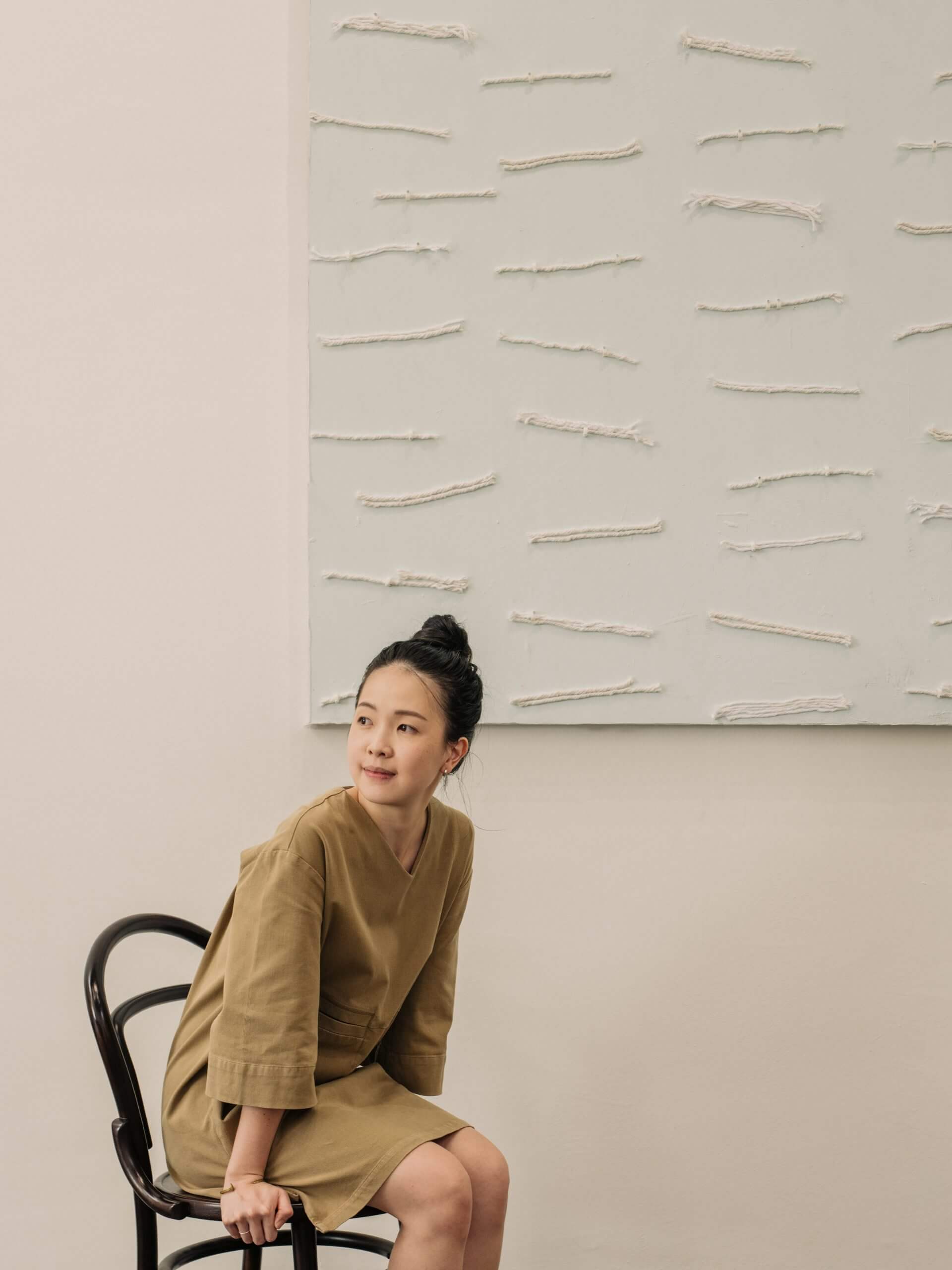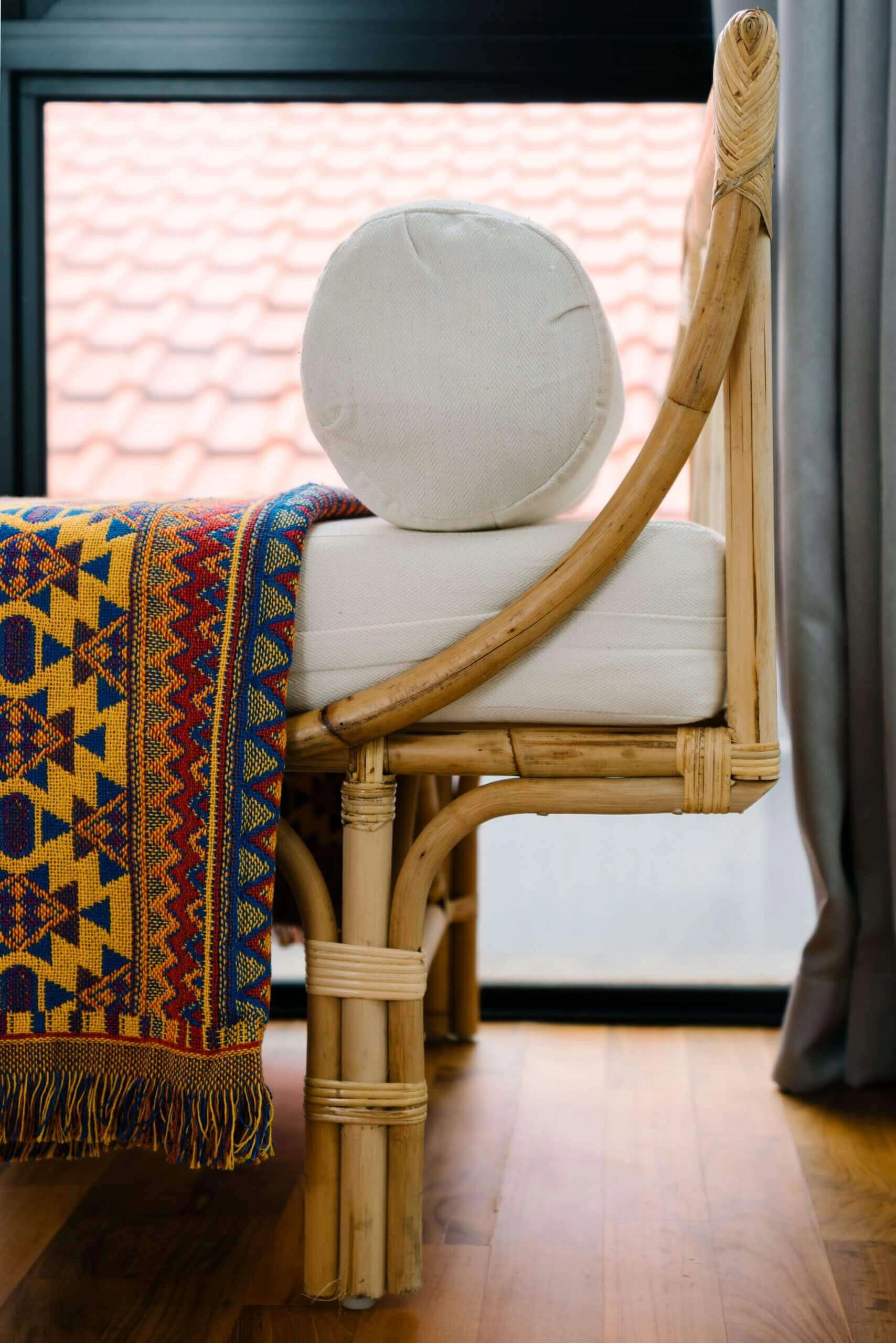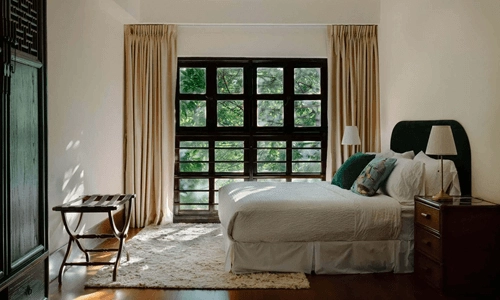The New York Times Style Magazine: Singapore
Photo by Moonrise Studio

“In Singapore, three design collectives redesigned the interiors of three conserved shophouses — and in that process, stretched the boundaries of what these time-hallowed buildings could be.”
The New York Times Style Magazine: Singapore
What a beautiful way to end the month of March.
In the latest coverage on Figment, Bianca Husodo from The New York Times Style Magazine, or T-Mag for short, shares in-depth on all our Case Study Homes and Figment’s backstory.
While traveling, Fang, our founder, always wondered what the characteristic vernacular architecture of the city was. In any old city, there are historical building types that are all too familiar to locals, but intriguing to passerby visitors. Just imagine Machi-ya in Kyoto, French colonial mansions in Hanoi or Brownstones in New York City. While traveling, Fang would always make it a point to stay in such homes in order to immerse himself in the local culture.
With a dream to create local boutique homes, Figment mostly operates from conserved pre-war buildings commonly known to Singaporeans as shophouses. For our opening set in the Case Study Homes series, Figment took ’boutique’ to the next level and roped in three creative studios, giving them “carte blanche to the interiors of three shophouses in three neighbourhoods of Blair Plain, Balestier and Joo Chiat.”
Read on to find out what sparked Colin’s idea of playful reveals in Canvas House, Jess’ thoughts on Balestier, and Timo’s subtle portrayal of irony in Still House.
A New Reimagining of Singapore Shophouses, The New York Times Style Magazine: Singapore, 27 Mar 2020.






Comments